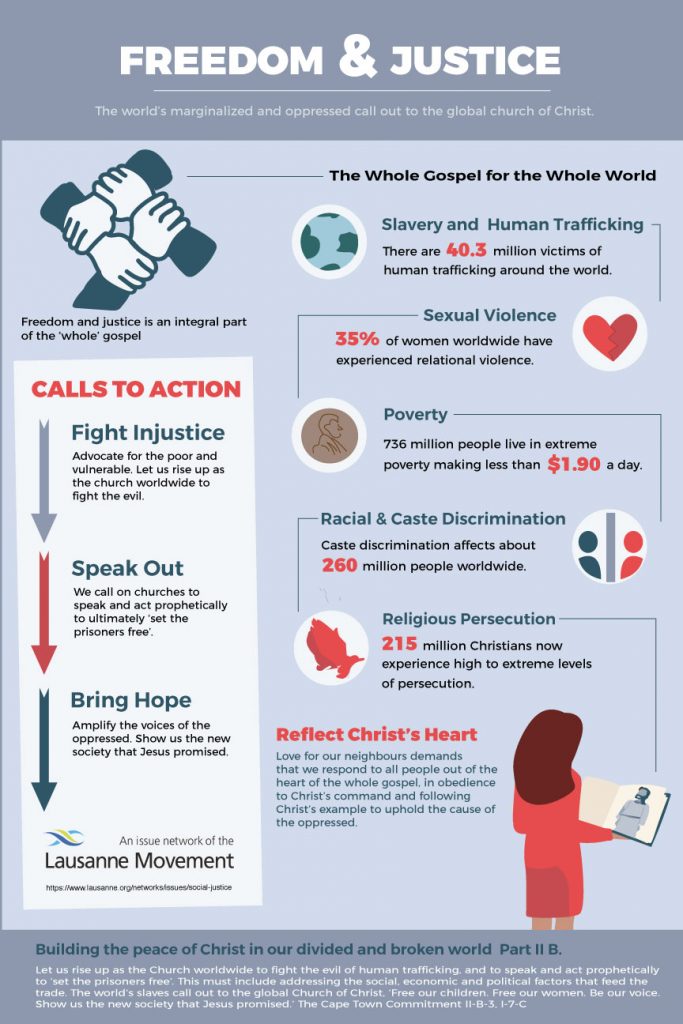Reveal The Fascinating History Of Catholic Schools And Their Deep Effect On Education-- Could Their Customs Provide Insights For Future Understanding?
Reveal The Fascinating History Of Catholic Schools And Their Deep Effect On Education-- Could Their Customs Provide Insights For Future Understanding?
Blog Article
Produced By-Medlin Galloway
When you take into consideration the history of education, Catholic institutions attract attention for their deep-rooted customs and enduring impact. https://writeablog.net/margert49marlin/5-factors-parents-select-catholic-institutions-for-their-childrens-education began as a means to impart belief and worths, however they've adapted incredibly over centuries. Today, they play an important duty fit not simply academic success however also moral integrity. What's intriguing is exactly how they've managed to thrive amidst altering social landscapes, questioning regarding their future importance and effect.
The Origins of Catholic Education: A Historic Viewpoint
Catholic education traces its roots back over 1,500 years, when early Christian communities acknowledged the requirement for organized learning. You'll locate that these areas aimed to pass on their faith and values with education.
Monasteries and cathedral colleges ended up being centers of knowing, supporting both spiritual and intellectual growth. As you delve much deeper, you'll see that the curriculum frequently included approach, faith, and the liberal arts, developed to create well-rounded people.
In time, the Church established more formal institutions, making certain that education and learning remained obtainable to all. The dedication to mentor moral values and cultivating a sense of area has lingered via the centuries, shaping the instructional landscape and influencing countless lives worldwide.
This enduring heritage remains to motivate Catholic education and learning today.
The Advancement of Catholic Institutions With Social Contexts
As cultures evolved, so did the function of Catholic institutions, adjusting to the cultural contexts in which they existed. In the early years, these organizations concentrated mainly on religious guideline, however as areas diversified, they started to include regional languages, personalizeds, and educational requirements.
You would certainly notice that Catholic institutions commonly became facilities for social cohesion, fostering a sense of belonging among pupils from various backgrounds. In numerous regions, they addressed societal issues, such as hardship and discrimination, by giving obtainable education and learning for all.
As you discover various cultures, you'll see exactly how Catholic colleges have actually shifted their educational program and training approaches, mirroring the worths and difficulties of their environments while remaining true to their foundational mission of belief and scholastic quality.
The Modern Duty and Impact of Catholic Schools in Culture
In today's world, Catholic institutions play an important function fit not simply the academic landscape, however likewise the more comprehensive neighborhood.
You'll locate that these establishments highlight values like respect, concern, and social justice, fostering well-shaped individuals that add positively to society. By focusing on academic excellence and moral advancement, Catholic schools prepare pupils for future difficulties, nurturing important thinking and management skills.
https://postheaven.net/rodger98carma/catholic-education-and-learning-the-harmony-of-academic-success-and offer diverse populations, connecting gaps in access to high quality education. Additionally, https://www.indiatoday.in/education-today/study-abroad/story/top-colleges-abroad-as-harry-potter-houses-how-to-select-the-best-college-that-matches-your-personality-1554528-2019-06-23 could notice their dedication to solution, encouraging pupils to take part in area outreach and volunteer work.
This mix of education and moral support makes Catholic schools a considerable pressure, cultivating liable residents that can influence their areas right.
Conclusion
To conclude, Catholic schools have a rich history that's formed their long-lasting impact on culture. You've seen just how they have actually adjusted to different social contexts while preserving a commitment to confidence, worths, and academic excellence. Today, they continue to play an essential function in fostering area, promoting social justice, and nurturing accountable residents. As you assess their heritage, it's clear that Catholic colleges continue to be an effective pressure for positive change worldwide.
